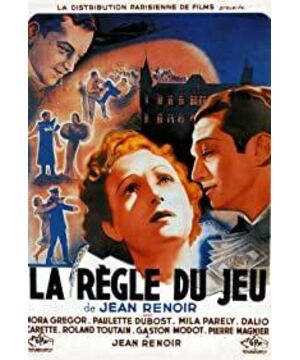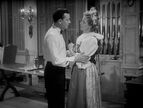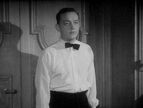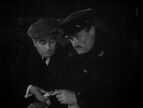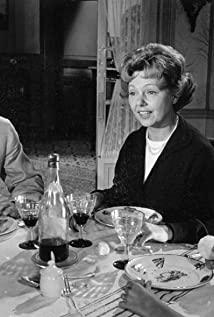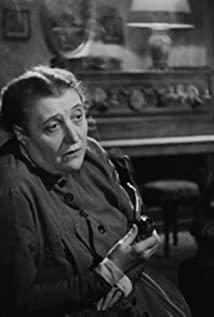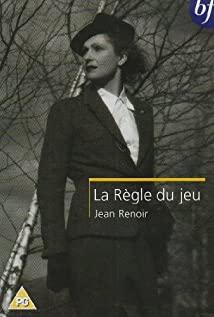2. At the end of the film, A watched B kill C, but there was no response. This is also a philosophical proposition, that is, Heidegger, Sartre and others "criticize the unauthentic": the tendency to passively conform to the crowd, do what others do, and believe what others believe, not doing their own thinking or thinking according to their own action. Such people are very dangerous, because when others are doing unreasonable or even inhuman things, in order to make themselves gregarious and not isolated, then follow the crowd. It is not difficult to explain why the Holocaust, the Nanjing Massacre, and China's magnificent 10 years.
The film, which was completed before the outbreak of World War II in 1939, was hindered by the political sensitivities of the subsequent war.
So a subtitle at the beginning of the film: This film was shot before World War II and has nothing to do with politics.
View more about The Rules of the Game reviews


